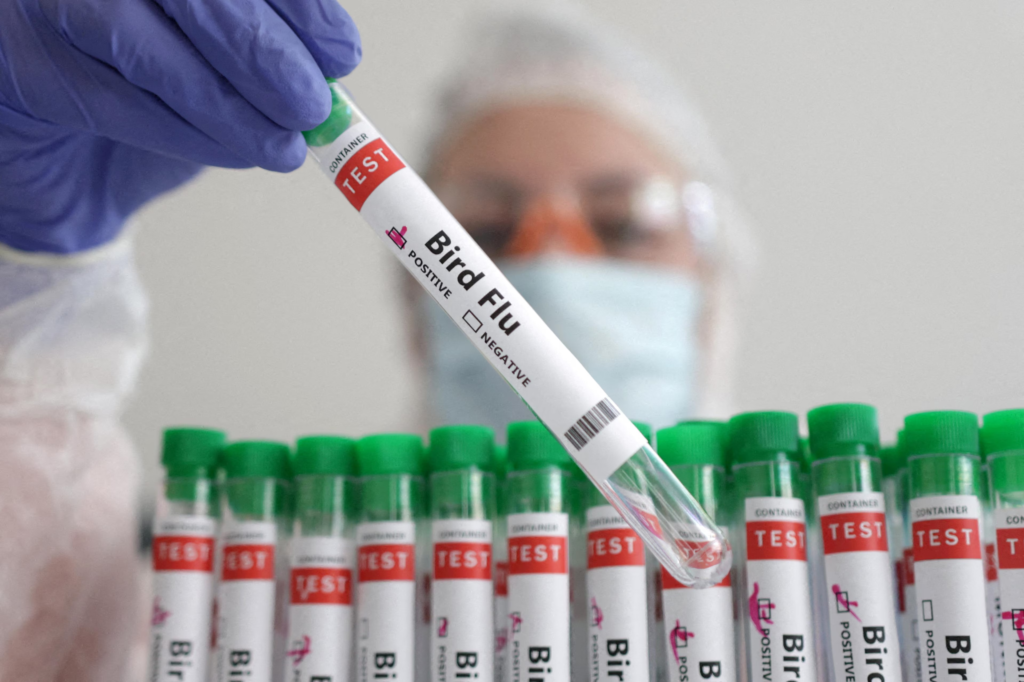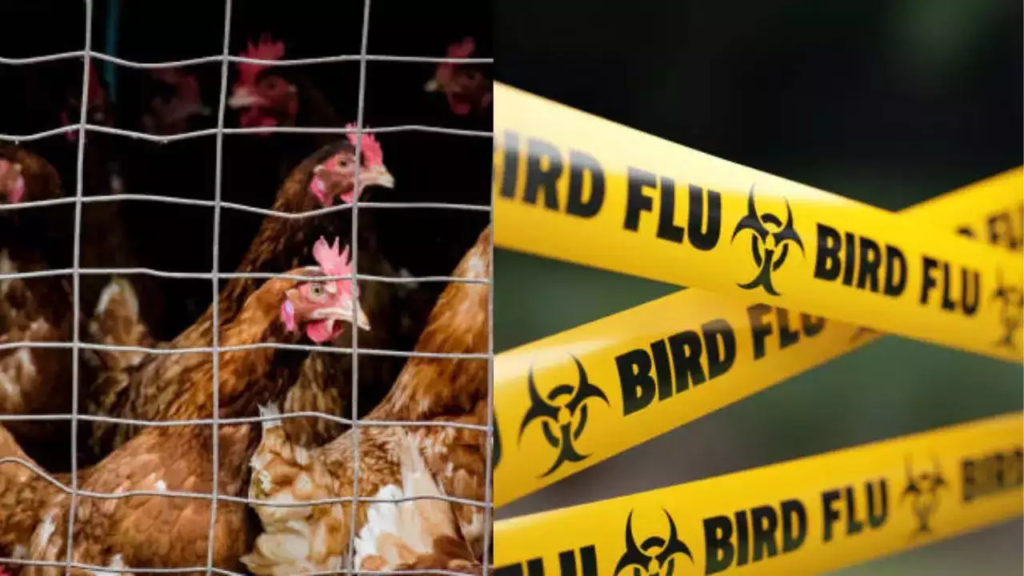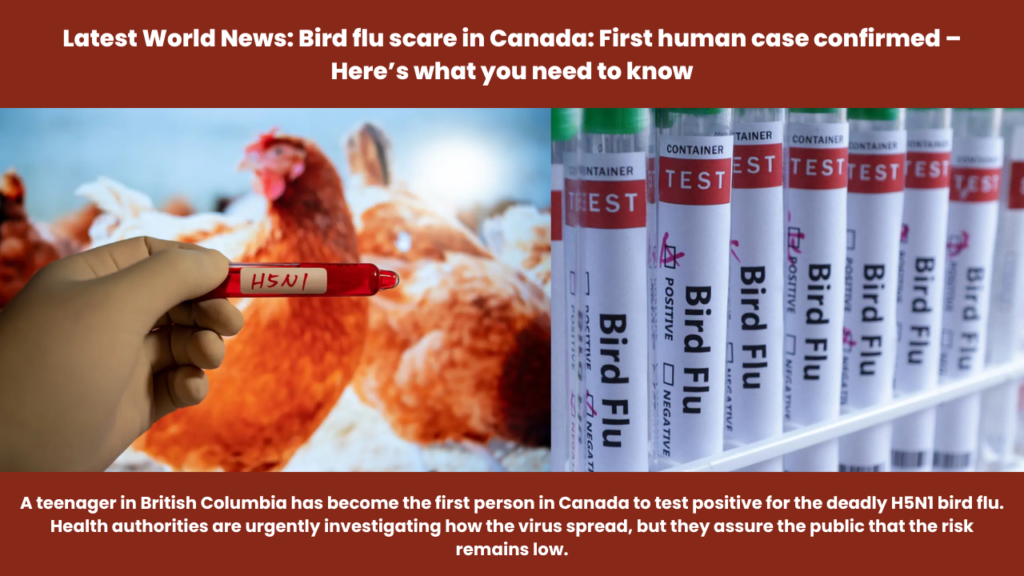The Public Health Agency of Canada (PHAC) has confirmed the first human case of bird flu or avian influenza caused by the H5N1 virus. This case was reported in British Columbia, where a teenager was hospitalized and later tested positive for the virus.

Details of the case
On November 9, 2024, the teenager in British Columbia was tested for avian influenza after showing flu-like symptoms. The National Microbiology Laboratory in Winnipeg confirmed that the teenager had been infected with H5N1, a type of avian influenza that has been affecting poultry in the region. The virus in this case is linked to the current outbreak of bird flu in poultry in British Columbia.
Investigation and public health measures

Health officials in British Columbia are investigating how the teenager got infected. They are tracing the contacts of the infected person, testing others who may have been exposed, and providing antiviral medication to help prevent the virus from spreading. So far, no additional cases have been reported. The investigation is ongoing.
Low Risk for the general public

PHAC has stated that the risk of avian influenza spreading to the general public is low. Most human cases of avian influenza happen when people have close contact with infected birds or animals. However, people who work with animals, especially poultry, may be at higher risk.
Precautions to prevent infection
To prevent infection, people should avoid handling sick or dead birds or animals. Farmers and workers who handle animals are encouraged to wear protective gear. If someone thinks they may have been exposed to the virus, they should contact their healthcare provider or local health authority for advice.

No risk from milk
Although there is an outbreak of avian influenza in dairy cattle in the U.S., there have been no reports of bird flu in dairy cattle in Canada. Milk and milk products that are pasteurized are safe to consume.
PHAC’s ongoing efforts

PHAC, along with other Canadian authorities, is closely monitoring the situation. The agency is working with international health experts to stay updated on the global bird flu situation.


